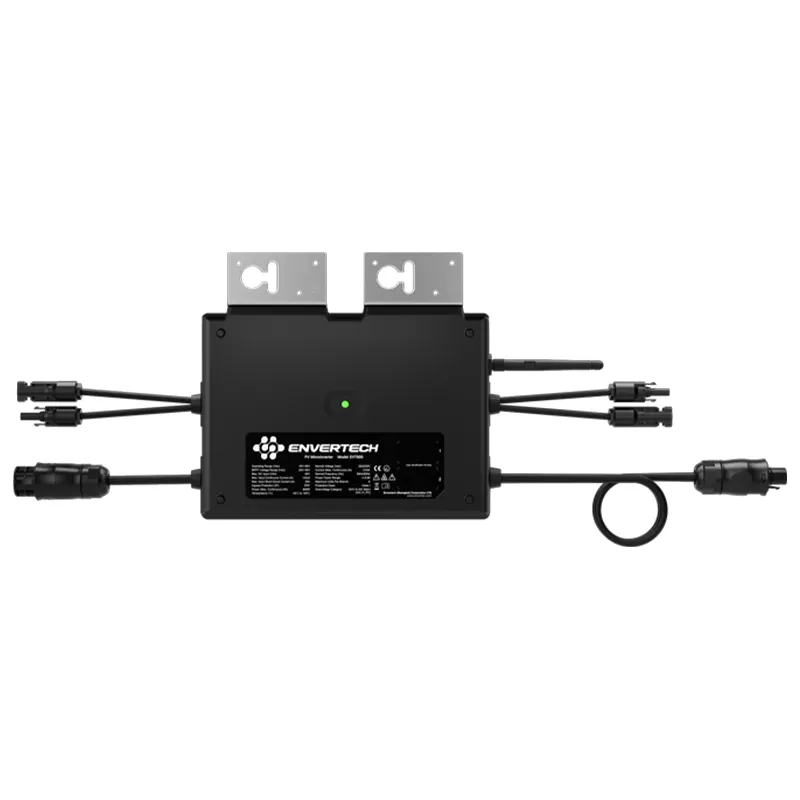ac solar panels
Exploring AC Solar Panels The Future of Renewable Energy
As the world shifts towards sustainable energy solutions, solar technology continues to evolve, providing innovative options for homeowners and businesses alike. Among these advancements, AC solar panels have emerged as a noteworthy solution in the solar energy sector. This article delves into what AC solar panels are, their benefits, and their role in the future of renewable energy.
What are AC Solar Panels?
Unlike traditional solar panels that produce direct current (DC) electricity, AC solar panels are equipped with microinverters or power optimizers that convert the DC electricity generated by the panels into alternating current (AC) electricity right at the panel level. This means that each panel operates independently, maximizing the energy harvested from sunlight and improving overall system efficiency.
Benefits of AC Solar Panels
1. Increased Energy Efficiency One of the primary advantages of AC solar panels is their ability to operate independently. If one panel is shaded or malfunctioning, the rest of the system continues to function optimally, minimizing energy loss. This is a significant improvement over traditional string inverter systems, where the performance of the entire array can be affected by a single panel's issues.
2. Simplified Installation and Design AC solar panels offer flexibility in installation, allowing for more complex roof designs or installations in partially shaded areas. The microinverter technology accommodates variations in panel orientation and inclination, enabling homeowners to optimize energy capture based on their specific circumstances.
3. Enhanced Monitoring Capabilities With each panel functioning independently, AC solar systems come equipped with advanced monitoring capabilities. Homeowners can track the performance of each panel in real-time, identifying any issues sooner and ensuring that their system is operating at peak efficiency.
ac solar panels

4. Improved Safety AC solar panels inherently present a safer option compared to traditional systems. Since AC power is generated at the panel level, there is no high-voltage DC wiring running through the home, reducing the risk of electrical shocks and fires.
5. Scalability AC solar panels allow for easy expansion of the system. Homeowners can start with a few panels and add more as their energy needs grow or as budget allows. This scalability is particularly appealing for those who are entering the solar market for the first time.
The Future of AC Solar Panels
The adoption of AC solar panels is expected to rise as more consumers become aware of the technology and its advantages. As solar technology continues to mature, manufacturers are likely to see increased demand for AC systems, which can drive innovation and potentially lower costs.
Moreover, with the increasing integration of smart home technologies, AC solar panels can seamlessly connect with home automation systems, optimizing energy usage and facilitating energy management. This convergence of solar energy, smart technology, and energy storage solutions will play a crucial role in creating more resilient and efficient energy systems.
Additionally, regulatory support for renewable energy solutions will likely bolster the growth of AC solar technology. Government incentives, rebates, and net metering programs are propelling homeowners to consider solar energy as a viable option, especially when presented with efficient and modern technologies like AC solar panels.
Conclusion
AC solar panels represent a significant advancement in solar technology, providing numerous benefits over traditional systems. With their enhanced efficiency, safety, and monitoring capabilities, AC solar panels are poised to play a critical role in the ongoing transition to renewable energy. As this technology continues to evolve, it will not only benefit individual homeowners but will also contribute to a cleaner, more sustainable future for our planet. Embracing AC solar technology is not just a wise energy choice; it’s a commitment to fostering a greener, more sustainable world.
-
String Solar Inverter: The High-Efficiency Solution for Smart Solar EnergyNewsJul.14,2025
-
Revolutionizing Rooftop Energy with the Power of the Micro Solar InverterNewsJul.14,2025
-
Power Independence with Smart Off Grid Solar Inverter SolutionsNewsJul.14,2025
-
On Grid Solar Inverter: Powering the Future with Smart Grid IntegrationNewsJul.14,2025
-
Monocrystalline Solar Panels: High-Efficiency Power for the Future of Clean EnergyNewsJul.14,2025
-
Bifacial Solar Panel: A Smarter Investment for Next-Generation Energy SystemsNewsJul.14,2025







